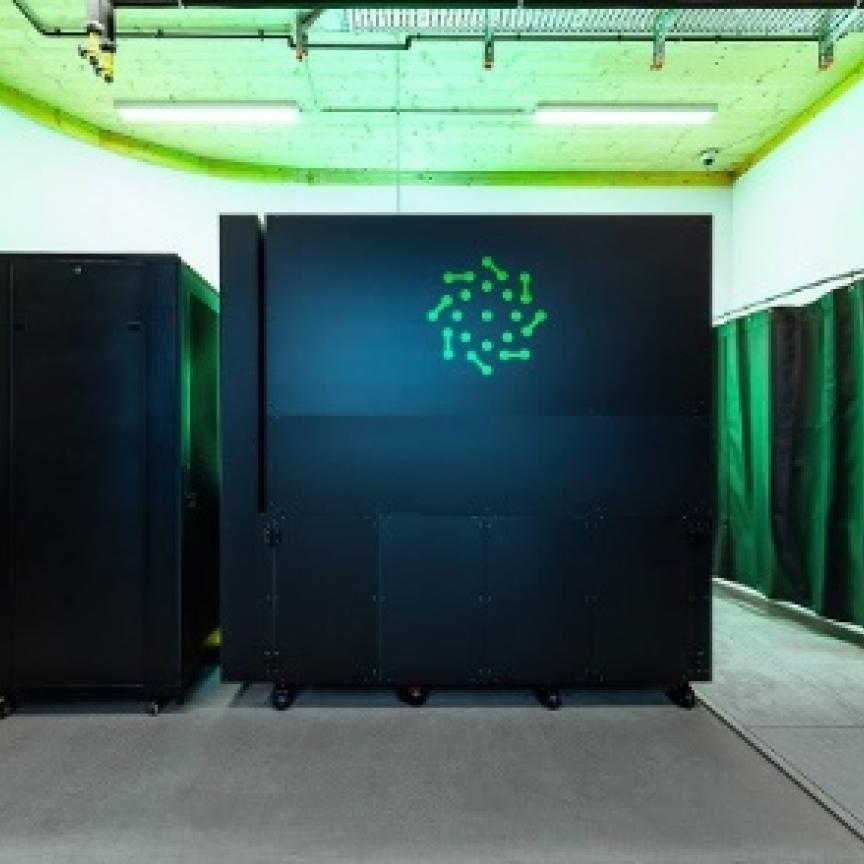A new processing platform has been announced by Silicon Valley startup, Tachyum, which aims to combine the advantages of CPU and GP-GPU and sepcialised AI chips into a single platform.
Codenamed ‘Prodigy’ the company is aiming to create a single universal processor platform that can deliver ten times the processing power per watt of today’s processors. The company aims to use this technology to pave the way for a computing system capable of real-time full capacity human brain neural network simulation by 2020.
‘Rather than build separate infrastructures for AI, HPC and conventional compute, the Prodigy chip will deliver all within one unified simplified environment, so, for example, AI or HPC algorithms can run while a machine is otherwise idle or underutilized,’ said Tachyum CEO Dr Radoslav ‘Rado’ Danilak. ‘Instead of supercomputers with a price tag in the hundreds of millions, Tachyum will make it possible to empower hyperscale datacenters to produce more work in a radically more efficient and powerful format, at a lower cost.’
The company claims that this new technology can offer the programming ease comparable to a CPU with performance and efficiency comparable to GP-GPU, for a universal-purpose processor that can handle hyperscale workloads, AI, HPC, and other demanding applications with ease. How this can be achieved is not immediately obvious but what is clear is the company intends to target a mixture of HPC and AI workloads with this new processor.
The company has given some insight into how these jumps in performance and power efficiency may be realised. The company reports that the Tachyum architecture overcomes the limitations of semiconductor device physics. Tachyum, in essence, solved the performance problem of connecting very fast transistors with very slow wires – a standard processor design that has stifled semiconductor innovation for years, hindering Silicon Valley engineers, even though nanometer-sized transistors in use today are far faster than past processor designs.
‘Despite efficiency gains from virtualisation, cloud computing, and parallelism, there are still critical problems with datacentre resource utilisation particularly at a size and scale of hundreds of thousands of servers,’ said Christos Kozyrakis, professor of electrical engineering and computer science at Stanford, who leads the university’s Multiscale Architecture and Systems Team (MAST), a research group for cloud computing, energy-efficient hardware, and operating systems.
If Prodigy can deliver efficiency per watt that they have claimed it will be an order of magnitude better than today’s CPUs which will make the processor potentially very attractive to HPC, hyperscale and AI markets. The Tachyum design could address what many identify as one of the most critical challenges facing hyperscale enterprises today: energy consumption. Global datacentres currently consume 40 percent more electricity than the entire United Kingdom, and demand is doubling every five years.

